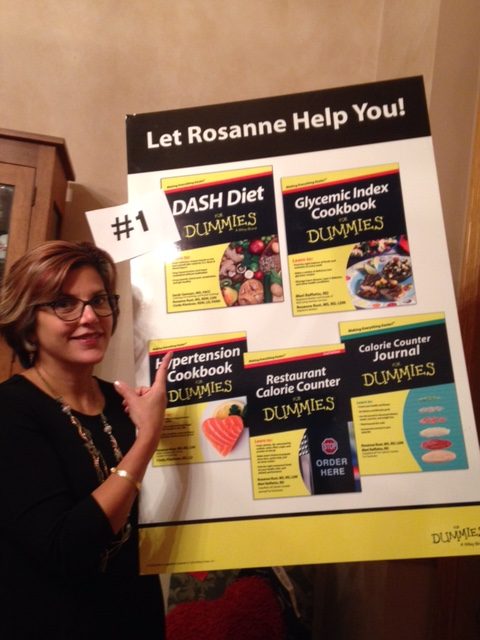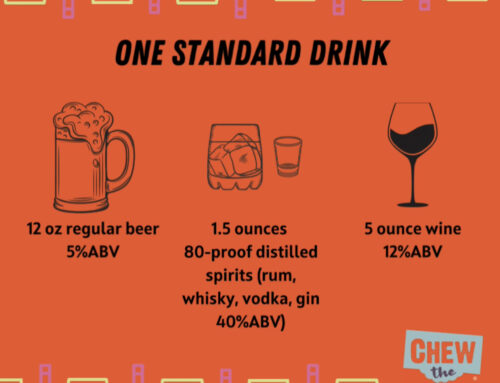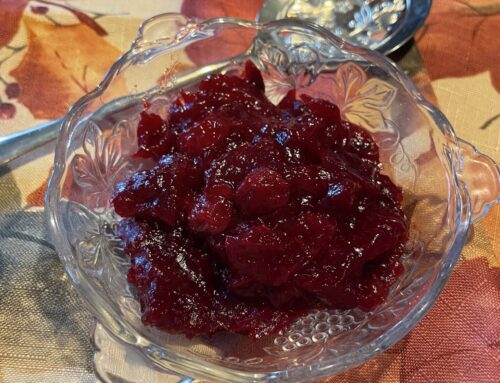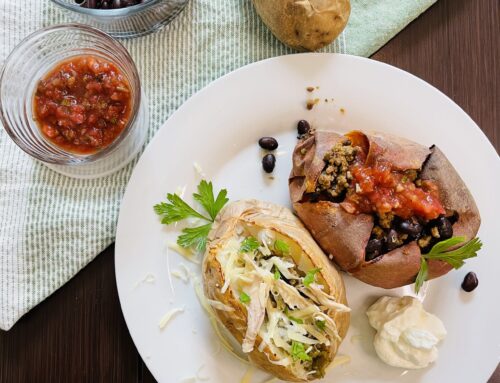As a writer and nutrition communications consultant who works remotely, it’s sometimes difficult to explain what I do. I work virtually via email, telephone, and web platforms. There’s lots of email. I often have conference calls or use WebEx to attend meetings each week. The big bonus is a flexible schedule which can have highs and lows (killer deadlines and massive amounts of research and content when writing a book, teleconferences, speaking engagements or leadership during “conference months” but also down times of no books, and less client assignments). At times, I’ve juggled many simultaneous “jobs” (in long term care, taught nutrition courses, wrote my newspaper column, worked with clients online, wrote books – and my son used to also include “mom” of course). In addition, I don’t think a year has gone by since 1998 that I haven’t served in multiple ways as either a community or professional volunteer for either my state, local district, or national nutrition organizations. (I’m currently Chair-Elect of the Nutrition Entrepreneur Dietetic Practice Group of the Academy of Nutrition and Dietetics.)

Since I don’t have one job that I “go to” every day from 9-5, it’s easy for folks to think I really don’t do anything. For sole proprietors and independent consultants, some of the work that needs to be done, is unpaid. For instance, I get paid to write and speak, but I don’t get paid to manage my own blog (occasionally I may, and if so I’ll clearly note that it’s a sponsored post). This unpaid work is rewarded with the flexibility. Many small business owners can create their own schedule, which means it’s easy to arrange time off, fit exercise in during the morning, but also means you may work late some nights, or sometimes on Saturdays or Sunday nights, or whatever hour of the day or night necessary. I’m not paid to maintain all of my social media platforms, but effectively managing them is essential to my communications business (in the communications world, social media is not just the place where people show off vacation photos, vet about politics, or the pizza they ate last night). This time-consuming work can sometimes be fluffed off by people as unimportant or unnecessary. For instance, one time when I was venting about my writing schedule to a friend, with good intentions, she tried to encourage me to calm down by saying, “It’s just a blog.”
Yeah, but it’s what I do.
As a writer and communicator, I need a space to write. My blog is the place where I can share my views on a variety of topics, keep consumers up to date about hot food science and nutrition topics, and exercise my writing skills. Sole proprietors and small business owners also are responsible for a lot of things that are taken for granted in a larger office setting. These tasks may include returning their own phone calls, maintaining accounting, sending invoices, and basically performing all aspects of office management.
Recently my friend and colleague Amber Pankonin of Stirlist (aka @RDAmber) posted some thoughts on her Facebook page about small business owners that I thought were important to share. I caught up with her and asked her a few more questions about supporting entrepreneurs in the digital space. She offers some great ways that you can support your friends who are digital entrepreneurs (bloggers or startup founders) that focus in the digital space, while you are using Facebook, Instagram or LinkedIn yourself:
Q: What questions would you recommend someone ask a small business owner or consultant if they want to understand what they do?
A: I think some starting questions might include…
What problems are you trying to solve for your clients?
What type of services do you offer?
How do people find you? Or…How do you advertise your services?
What does a typical day look like for you?
What is unique about your business?
What has been your proudest moment this year as a business owner?
Q: As a communicator, we often have to report analytics back to clients, so our social media engagement does matter. What can my friends using Facebook, Instagram or Twitter help with?
A: Share our content!
Liking, commenting, and sharing social media posts are always appreciated! Whether it’s a blog link, video, recipe, or branded content that we’ve written, every share helps. Not only does it help the content creator, but it also helps populate your feed with content for your audience.
Q: What’s the greatest gift someone can give to a fellow entrepreneur?
A: Connections.
A few years ago I attended a networking event where the speaker said, “Each one of you in this room knows somebody that could help somebody else.” I might not be able invest in your business or write code, but I might be able introduce you to somebody that might be able to help you. I know I wouldn’t be able to do what I do today without the help and encouragement from others who have made introductions for me. Pay it forward!
Q: What can social media friends/connections do today to share your work? (articles, books, services, etc)
A: Did I mention the Share button?
When you share a link or social media post, a short comment might make it more personal and encourage your audience to check it out. For example, if I was sharing a blog Rosanne wrote, I might say, “Here’s a blog from my fellow dietitian and DASH diet expert, Rosanne Rust. I love her book!” Give your audience a reason to open the link and engage with the content your sharing.
Pay it forward…I love that sentiment. It always pays. Happy holidays and please share!




